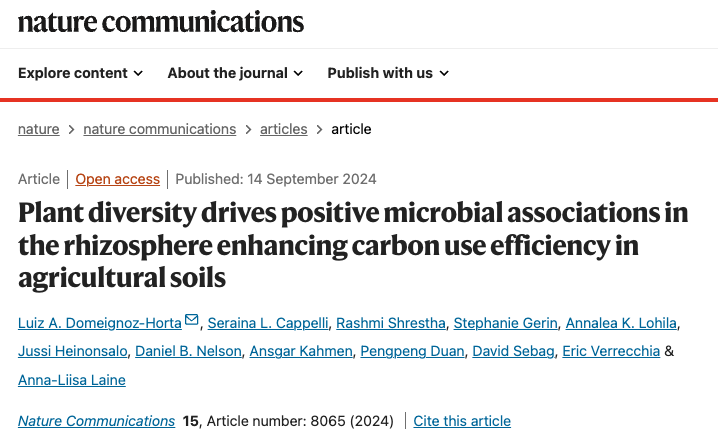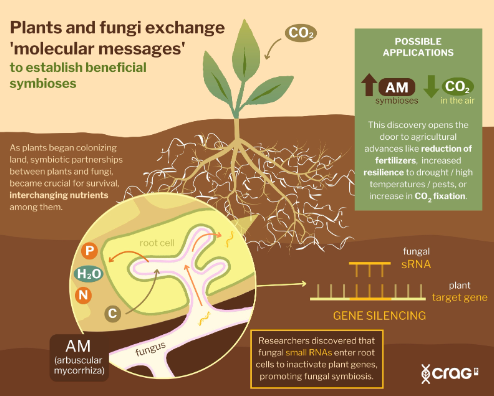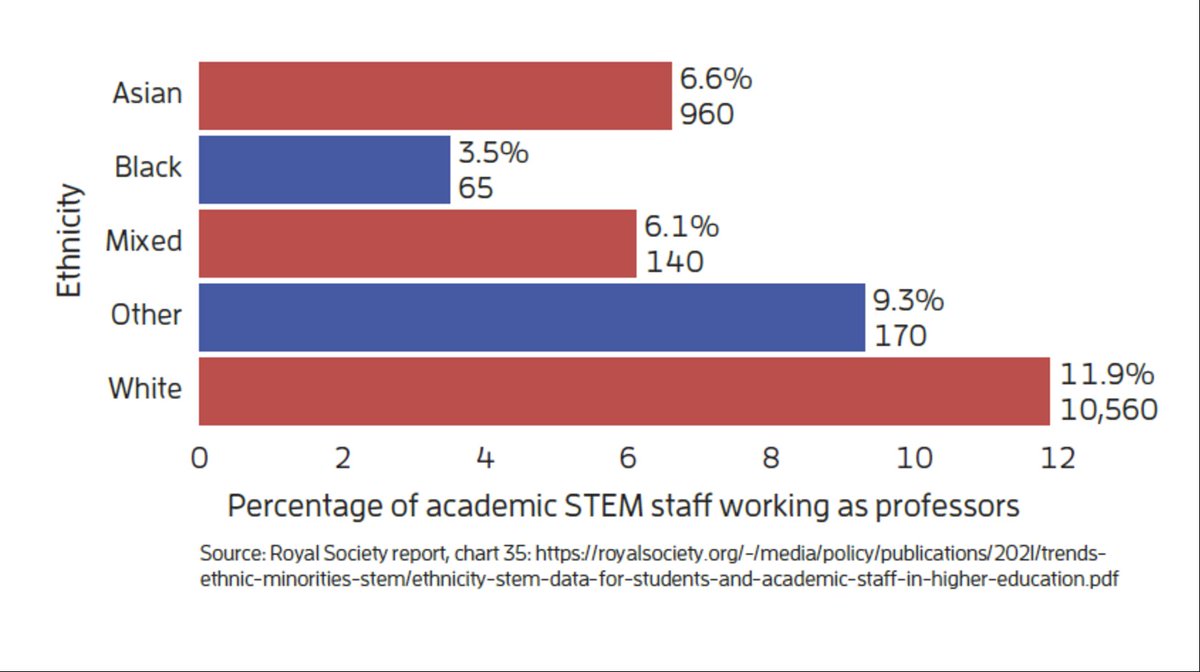
Simona Radutoiu
@radutoiusimona
Plant molecular biologist working in plant-microbe interactions 🌱🦠 Professor at @AarhusUni_int, Project Leader at @ENSA_research
ID: 970350810260492289
04-03-2018 17:30:36
350 Tweet
463 Followers
99 Following

Very attractive opportunity for tenured/tenure track positions in the Danish funding landscape for independent and strategic research, innovation and start-up. Great colleagues and infrastructure Aarhus University - all disciplines science, tech, medical research next door




"[Biodiversity] loss is more than just a scientific or environmental concern; it’s a direct threat to global food security, and by extension, human survival." Well-said, Ismahane Elouafi! Here’s why biodiversity matters for food security: bit.ly/3BGUcab Science Magazine

An insightful piece by Esme Stallard and Helen Briggs on why biodiversity is important and the biggest threats it faces, including climate change. bit.ly/4hiw2Dn BBC News (UK)

Though women are still leaving #STEM at higher rates than men, differences in attrition rates for those entering the field after 2010 are much smaller than previous generations (58.6% of women and 57.6% of men). bit.ly/4f0K37b Marek Kwiek / Social Stratification in Science Lukasz Szymula Springer Nature


The overuse of fertilisers may cause nitrogen-fixing plants to lose their diversity. The “winners” and “losers” among nitrogen-fixing lineages varied among study sites, suggesting that losses are context dependent. bit.ly/48o4EzL Science Magazine Dr. Pablo Moreno García (He/Him)


Intensifying agriculture has caused a reduction in soil carbon. Plant diversity, however, offers us a way to drive positive microbial associations that could enhance carbon use efficiency in agricultural soils. bit.ly/4f3mGKa Luiz Domeignoz Horta @NatureMagazine


Nitrous oxide, primarily emitted from the use of synthetic fertilisers and manure, is rapidly accelerating climate change, according to a new assessment by UN Environment Programme ⬇️ bit.ly/3OazuSY

The roles that will grow the most in the future, including in #STEM, do not have a pipeline of women in them. Reflecting on World Economic Forum’s #gendergap24 report, this video with Saadia Zahidi reinforces the global efforts needed to achieve gender parity. bit.ly/4hOVSPt



Opportunity for #PostDocs at Aarhus University! Encourage plant scientists with an interest in working on plant membrane proteins using biophysics and structural biology techniques to apply. Deadline: 20 December 2024 x.com/BjornPPedersen…

Unsustainable agricultural practices contribute significantly to a hidden $12 trillion annual cost from agrifood systems, according to the United Nations 2024 #SOFA report. A spotlight on how sustainably increasing crop yields benefits the global agrifood system: bit.ly/48ZSjCb


Global change factors (GCFs), including increased atmospheric nitrogen (N) deposition, have generally decreased plant species diversity, according to a study by Bernhard W. Schmid & others in @nature: bit.ly/3CUFVHA



Increasing plant diversity instead of expanding agricultural land shows improvements in plant-microbe interactions, which, in turn, promotes carbon storage in the soil. An insightful read by Luiz Domeignoz Horta, @SerainaCappelli and others in @nature: bit.ly/4eFWsMH


“For a balanced and healthy ecosystem, we need to preserve both the trees and the fungi they partner with.” Interesting piece in @Mongabay exploring the crucial role Mycorrhizal fungi play in preserving endangered plants in South America: bit.ly/4i2kkgh Sofia Moutinho

Fungal small RNA molecules (sRNAs) can silence plant genes to establish beneficial symbioses. This study by researchers from Università di Torino and CRAG explains how: bit.ly/49nthx4 New Phytologist



